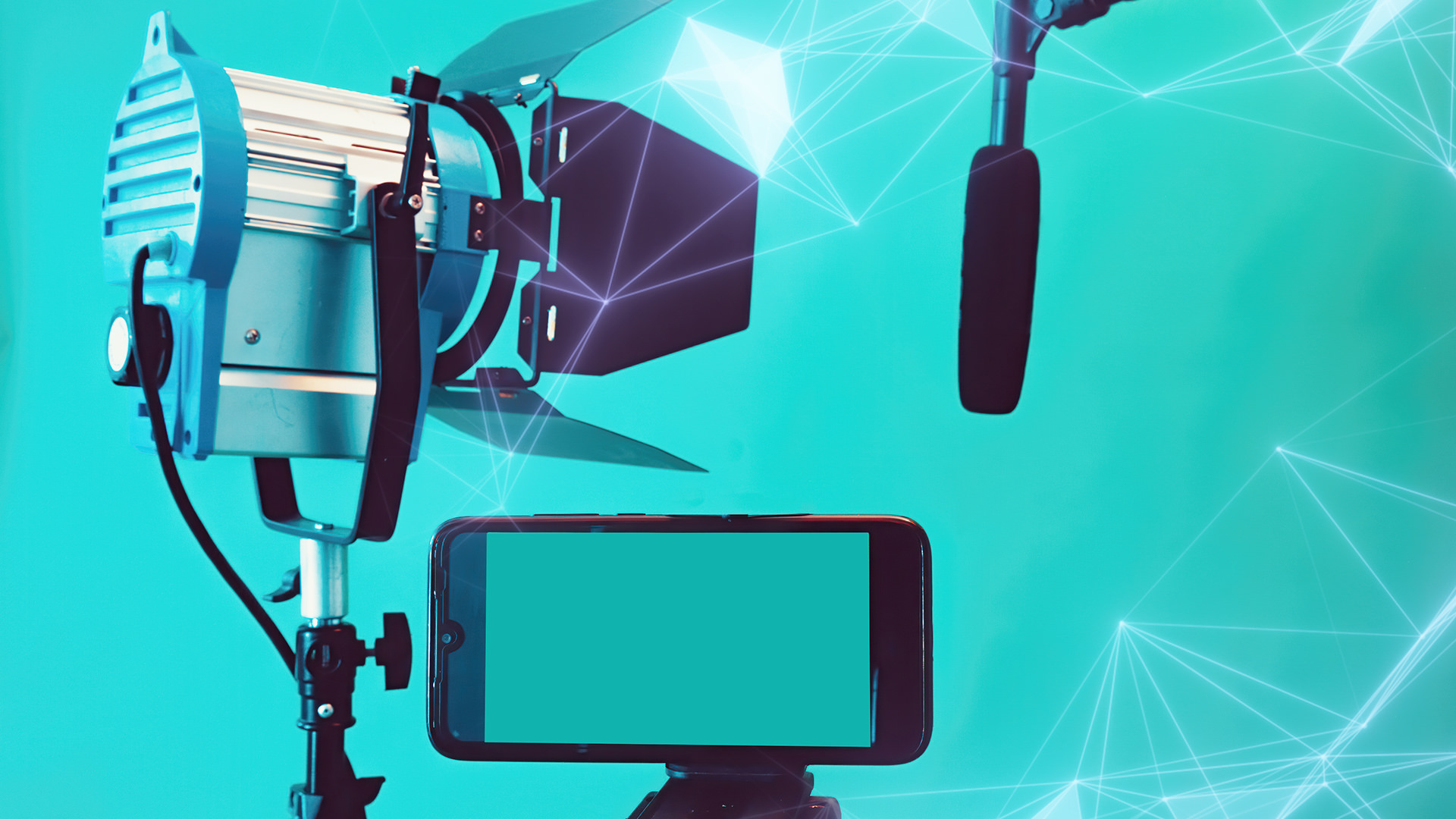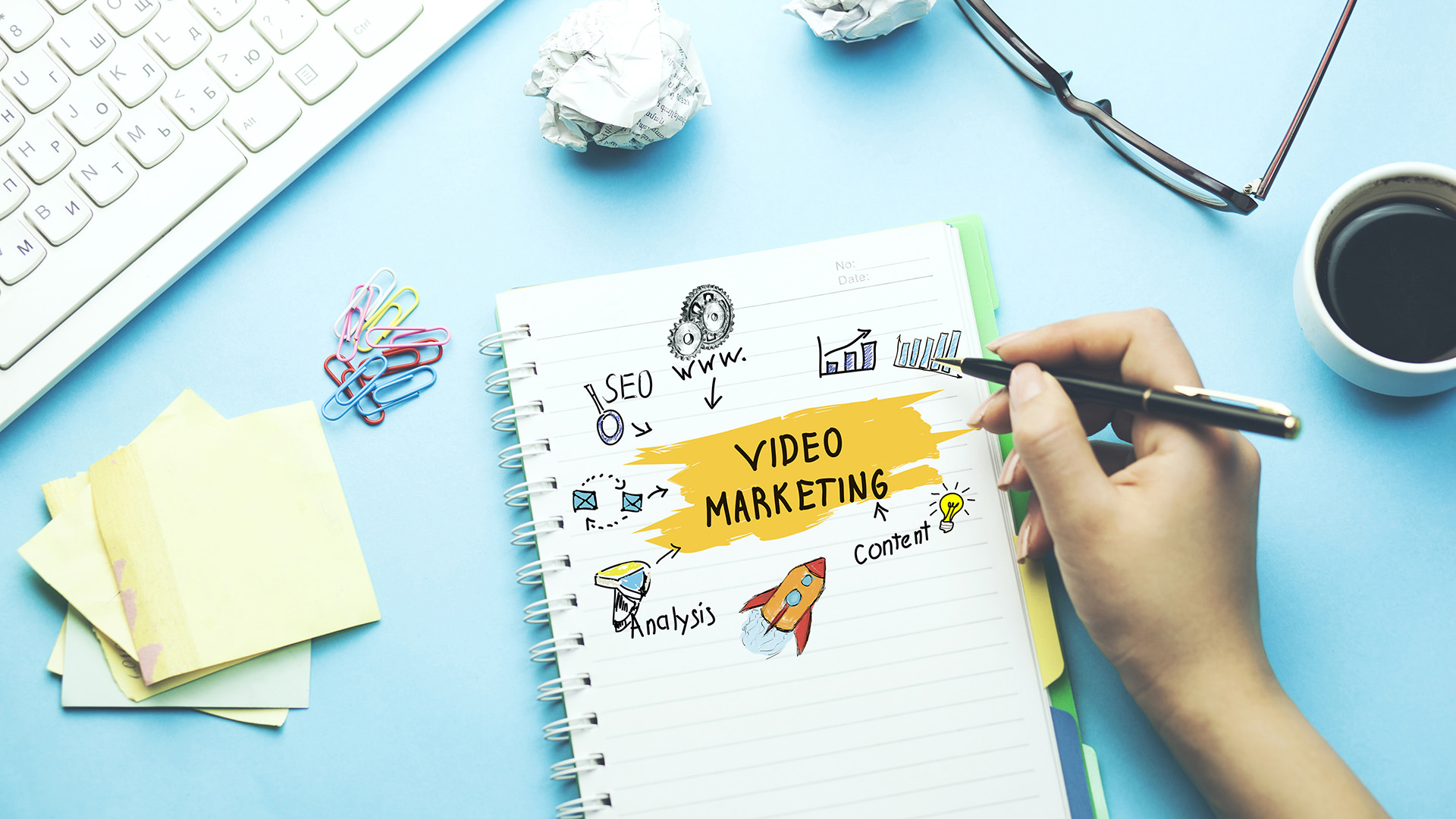Blog
The world watches an incredible amount of video content everyday, and this figure is increasing! With this demand and the accessibility to the tech to create videos, now the everyday-person with a video recording device can make a video. And with videos come the usage of music tracks, which are an essential part of much moving visual content.
But many are still very confused, or even unaware of how and when you can use music in your videos. It is indeed a complicated world but here are 5 very important terms that can start you understanding music licensing in order to protect yourself and other creators.
COPYRIGHT
This basically means who owns the music or track. This usually is the creator of the track. However, this copyright can also be transferred to someone else, just like the ownership of a house can be transferred.
LICENSE
Often confused with copyright, ‘license’ is simply the right to use the track. Going with the analogy of a house, you can rent the house but it is not yours. When you ‘purchase’ a track, you are often only purchasing a license to use the track, and not the track itself.
The license will also include the terms and conditions of how you are allowed to use the track. Often times this will state whether you can use this in your videos, online, on single or multiple projects, etc.
PERFORMANCE RIGHTS ORGANIZATION (PRO)
Here’s where it gets a bit tricky. Many artists or audio creators ‘hire’ an agency to keep track of how, where and when their tracks are used or played in public, so that they can earn royalties from their work. These agencies are called Performance Rights Organizations (PRO). Some examples of PROs you might have heard of are BMI and ASCAP in USA, GEMA from Germany, SOCAN from Canada and loads more.
Sometimes, when you purchase a license to use a track from a library, that track might also be registered under a PRO. You can usually see this as a side note or small print before you purchase the track. This means, even after you have purchased the license to use a track, you still have to submit a log of how and where you are using it to the respective PRO, and additional fees will be charged to you based on that. Thus, these tracks are not truly ‘royalty-free’.
ROYALTY-FREE
Now, there’s a bit of controversy surrounding this word, largely because of the different definitions and misconceptions about it. Many misunderstand this to mean that the track is absolutely free, meaning you don’t have to pay at all to use the media piece. This is not the case.
Royalty-free in stock libraries mean that you only pay a one-time licensing fee to use the track for one project and you don’t have to pay any additional royalties to the creator. Thus, many people purchase a license to use without understanding that the track is registered to a PRO, and they end up having to pay more ‘hidden fees’.
CONTENT ID
Think of Content ID as a digital fingerprint of a track. Platforms like YouTube and Facebook are programmed to pick up these fingerprints and flag them up to the owner of the tracks you are using. Facebook calls their system 'Facebook Rights Manager', but for the sake of this article, we will just use the general term of ‘Content ID’.
Content ID most times tie heavily to PROs because nowadays, most music is used in video content made just for these online digital platforms like YouTube and Facebook. Content ID was a way for music creators to find out who is using their music illegally.
If you have legally purchased the license to use a track in your content, this should be no problem. You simply have to show proof of your purchase when requested, and your video will play as per normal.
If you are unable to do so, the best case scenario is that your video will most likely be muted by the platform. We’ve heard of cases where this resulted in a heavy loss of ad revenue though. In other more extreme cases, it has resulted in lawsuits.
So if you don’t want a legal letter in your mailbox, the best bet is to purchase your music legally. Sites like LigarMusicLibrary.com composes our music all in-house, so we own the copyright and sell the license to content creators to use the tracks. Other sites act more like 'marketplaces', where they allow individual artists to put their music on their website and take a cut when a person buys the license to use the track. Whichever you choose, just ensure that your license covers your use of the music.
Stay respectful and keep on creating.


